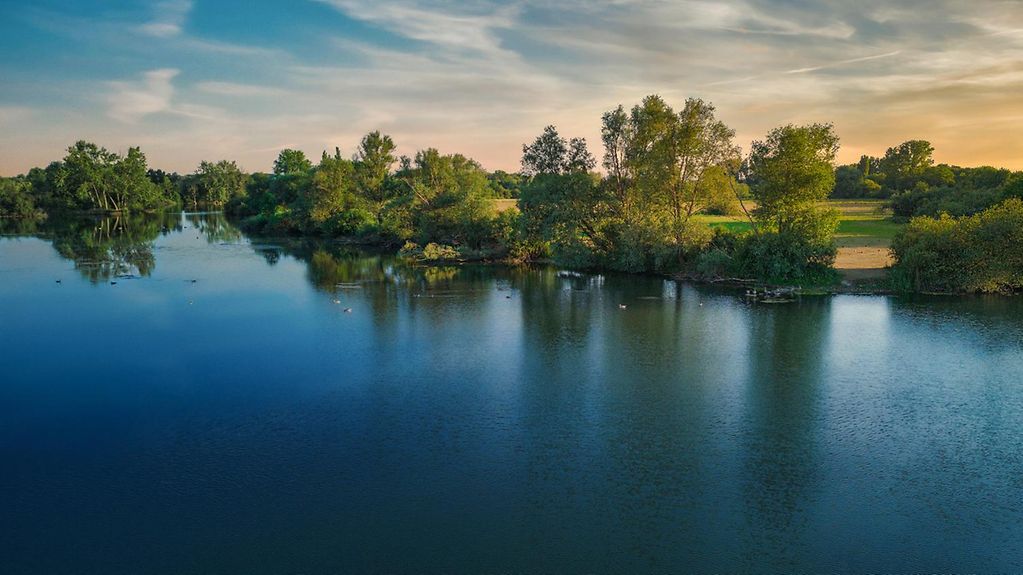National Water Strategy
The key goals of the National Water Strategy are to guarantee supplies of drinking water, to protect groundwater and ecosystems, and to provide adequate supplies of water for agriculture and businesses. The strategy has now been approved by the Federal Cabinet.
3 min reading time

Intact ecosystems are vital for protecting and restoring water resources.
Photo: Getty Images/iStockphoto/mot1963
By adopting the National Water Strategy, the Federal Government has laid the foundations for modern water management. The effects of the climate crisis are already being felt, so the goal of the strategy is to secure Germany’s natural water reserves. The strategy is designed to ensure adequate long-term supplies of good quality water for ecosystems and humanity’s various needs.
“The effects of the climate crisis on people and nature have forced us to act,” said Federal Minister for the Environment Steffi Lemke. “We all need water to live. So we must do everything to protect our water, for us and for future generations,” Lemke said, stressing that intact ecosystems were essential to protecting and restoring water resources.
Recent years of drought have left their mark on forests, lakes and rivers and have impacted agriculture. Extreme weather events are occurring with increasing frequency, creating significant challenges for local authorities and the Länder. The issue of water pollution is also still far from resolved, despite many successes.
Clean water is a collective responsibility
Around 80 measures are to be put in place by 2030 in order to ensure our water is managed in a sustainable way. The plans include a mix of regulations, state funding, knowledge-building and dialogue. The strategy covers all sectors and will be implemented jointly by state stakeholders, water companies and all business sectors and groups which use water.
One outcome of this approach will be to expand the data available and improve the robustness of forecasts. This will make predicting where water is available and where it is needed more precise in future. Guidelines on managing water shortages are planned to ensure that adequate resources for drinking water supplies are always available as close as possible to where they are needed. Working in partnership with local authorities and expert bodies, the Federal Government and the Länder are developing plans for “sponge cities” with water-sensitive urban development. Local authorities and the Länder are to draw up flood risk maps and take these into consideration when planning construction. Areas such as forests and flood plains which can absorb and store large quantities of water are subject to special protection.
An inter-ministry working group led by the Federal Ministry for the Environment will coordinate and support the implementation of the strategy in partnership with the Länder. The Water Strategy is tightly integrated with the ANK action programme for natural climate protection.
Key areas of action
The need for action is greatest in the following areas:
- Protecting and restoring unspoilt water supplies to prevent shortages
- Restoring and developing water infrastructure to withstand extreme events and guarantee safe supplies of water
- Limiting the introduction of hazardous substances in order to achieve good water quality in ground and surface water
Read more about the National Water Strategy on the Federal Ministry for the Environment website: Federal Government lays the foundation for modern water management
There has never been a nationwide water shortage in Germany, but there have been significant regional shortages. As of now, most water is extracted for energy supplies (over 44 percent), followed by the manufacturing sector and public water supplies (just under 27 percent each), while agriculture accounts for just over 2 percent.